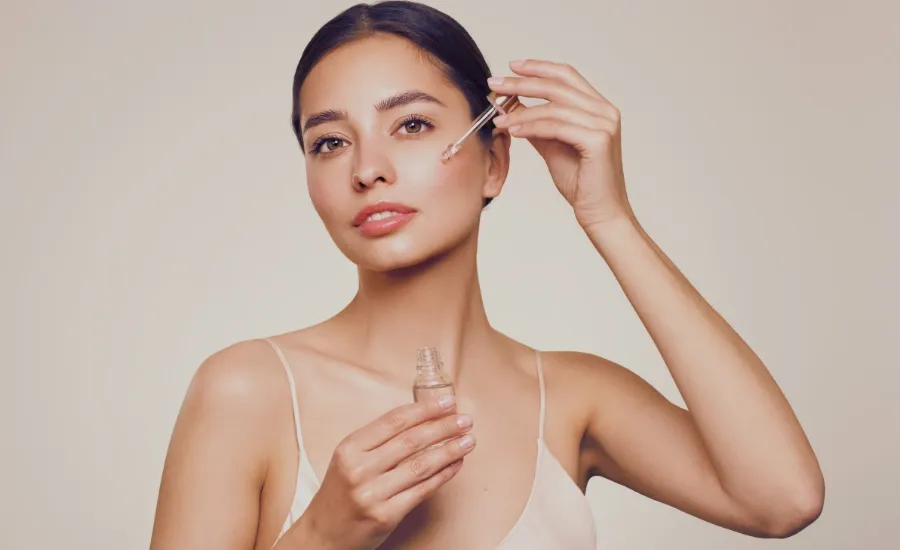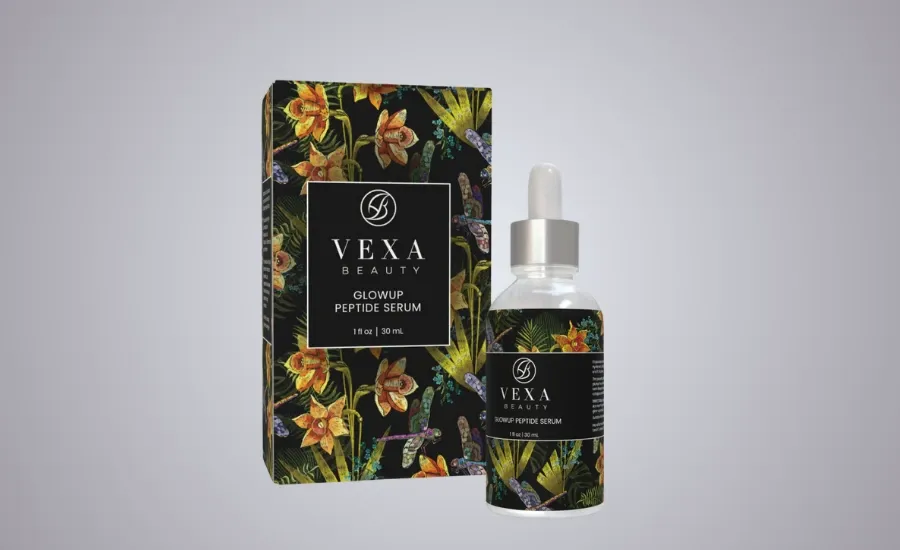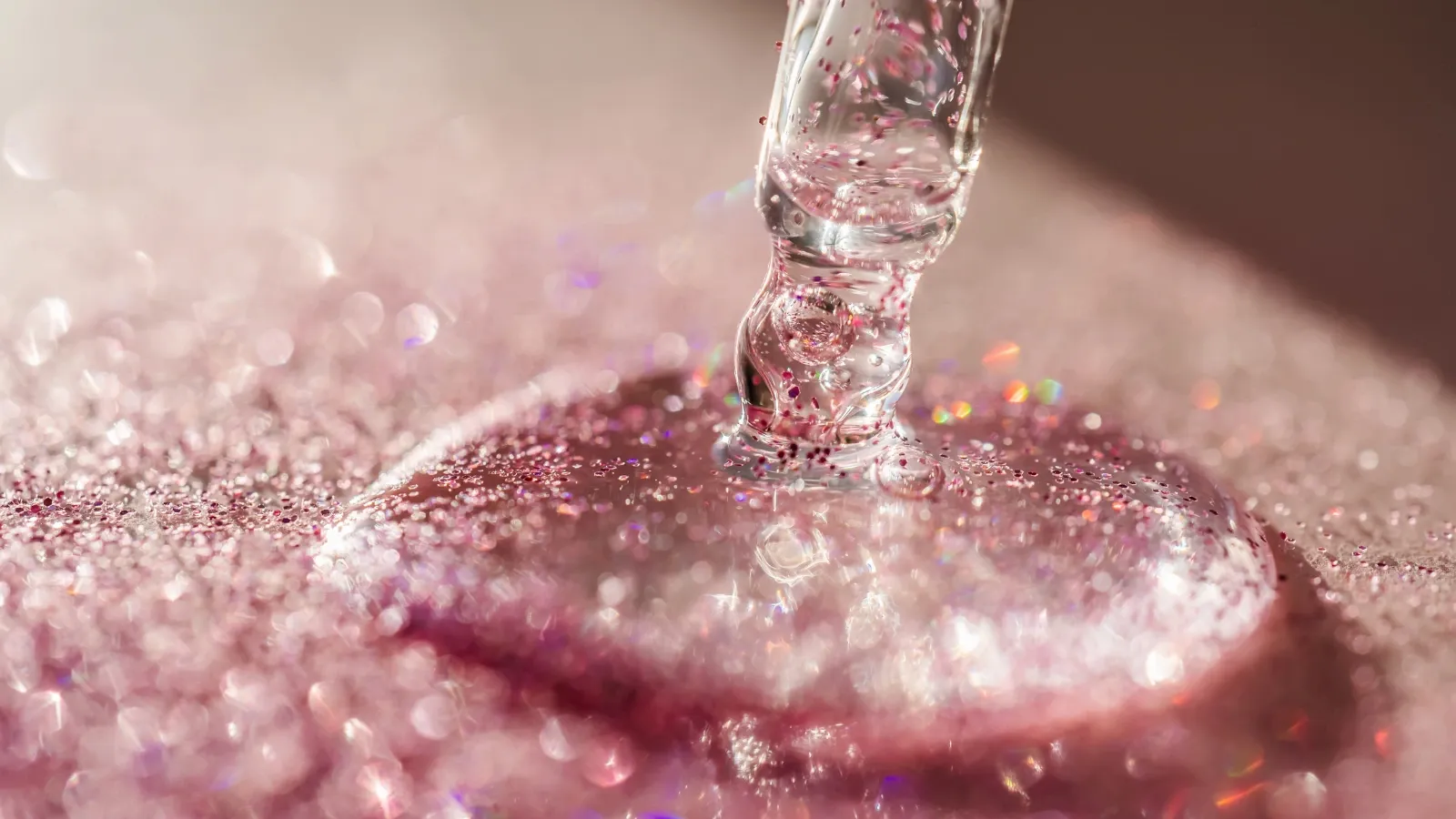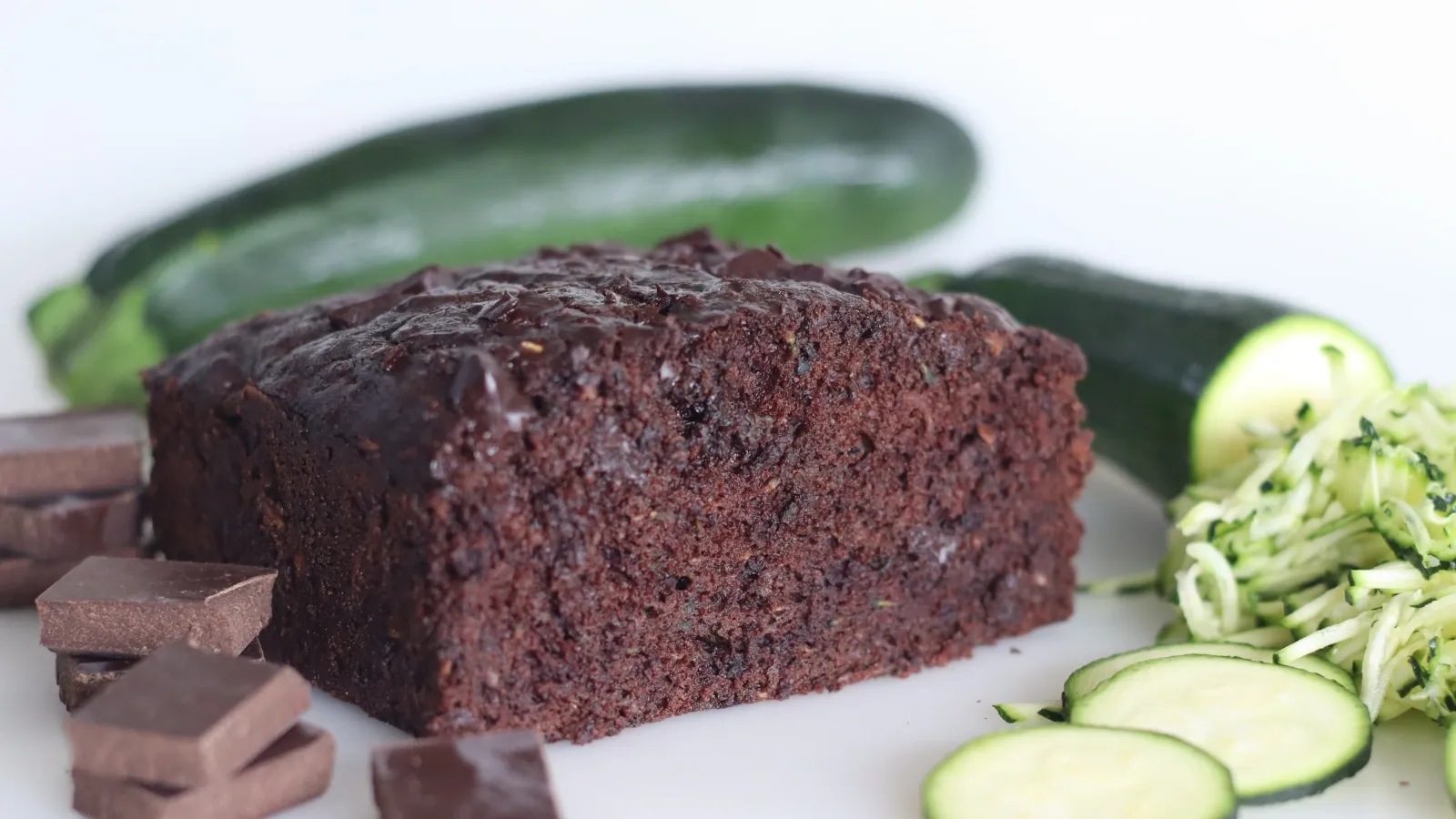As someone who's spent the better part of a decade testing every skincare trend, I thought I'd seen it all. But then peptide serums entered my routine, and honestly? I'm kicking myself for waiting so long to give them the attention they deserve.
If you're anything like me—juggling conference calls while simultaneously researching the latest K-beauty innovations and wondering if retinol is finally going to solve all your skin concerns—then you've probably heard whispers about peptides in the beauty world. But what exactly are they, and more importantly, should they earn a coveted spot in your already-packed medicine cabinet?
After months of dedicated testing (because that's how we roll at The Working Gal), I'm here to tell you that peptide serums might just be the missing piece in your skincare puzzle. And I've found one that's been an absolute game-changer.
Peptides 101: The Building Blocks Your Skin Has Been Craving
Peptides are essentially short chains of amino acids—think of them as the smaller siblings of proteins. When we're young, our skin produces collagen and elastin like it's going out of style. But as we age (and let's be real, as we stress, lose sleep, and maybe indulge in one too many glasses of wine), this production slows down significantly.
This is where peptides come to the rescue. They act as messengers, signaling to your skin cells to kick production back into high gear. It's like having a really efficient personal assistant for your face—one that actually shows up and gets the job done.
Dr. Jennifer Walsh, a board-certified dermatologist based in New York, explains it perfectly: "Peptides are like sending a memo to your skin cells saying, 'Hey, remember when you used to make tons of collagen? Let's do that again.'" And honestly, who couldn't use a little more of that energy in their skincare routine?
The Different Types of Peptides (And Why They Matter)
Not all peptides are created equal, and this is where things get interesting. There are several types, each with their own superpowers:
Also on the blog: Nail Inspiration: Back To School Nail Ideas For Your Comeback
Signal Peptides
Those are the motivational speakers of the peptide world. They encourage collagen and elastin production, helping to firm and smooth your skin over time. These are particularly beneficial for addressing fine lines and improving overall skin texture.
Carrier Peptides
Carrier peptides are like the delivery service for your skin. They transport essential minerals, such as copper and zinc, to where they're needed most, supporting healing and regeneration processes.
Enzyme Inhibitor Peptides
Those work to slow down the breakdown of collagen and elastin. Think of them as your skin's personal bodyguards, protecting what you've already got.
Neurotransmitter Peptides
Sometimes called "Botox in a bottle," though let's manage expectations here, neurotransmitter peptides work to relax facial muscles slightly, potentially reducing the formation of expression lines.
The beauty of a well-formulated peptide serum lies in its ability to combine multiple types, creating a comprehensive approach to skin aging and maintenance.
My Personal Peptide Journey: Testing the Market

I'll be completely transparent with you—I was skeptical. After years of trying everything from expensive La Mer creams to DIY turmeric masks, I'd developed a healthy dose of skincare cynicism. But curiosity got the better of me, and I decided to dive deep into the peptide serum market.
Over the past six months, I've tested peptide serums across various price points and formulations. From luxury department store offerings to accessible drugstore finds, and everything in between. What I discovered is that while peptide technology remains consistent, the supporting ingredients, texture, and overall experience can vary significantly.
Here's what I learned: the best peptide serums don't just rely on peptides alone. They combine them with complementary ingredients like hyaluronic acid for hydration, niacinamide for pore refinement and brightness, and antioxidants for protection.
Peptide Serums Worth Your Attention
After extensive testing, here are the standouts that have earned permanent spots in my routine rotation:
For Budget-Conscious Beauty Lovers: The Ordinary's "Buffet" serum remains a cult favorite for good reason. At under $20, it combines multiple peptide complexes with hyaluronic acid. The texture is slightly thicker than some prefer, but the results speak for themselves.
For Luxury Seekers: SkinCeuticals A.G.E. Interrupter Advanced combines powerful peptides with antioxidants. It's an investment, but the elegant texture and visible results justify the price for those who can swing it.
For the Sweet Spot: This is where VEXA Beauty's GlowUp Peptide Serum really shines. At a mid-range price point, it delivers clinical-grade concentrations of Tripeptide-5 alongside hyaluronic acid and niacinamide. What sets it apart is the promise—and delivery—of instant results combined with long-term benefits. The 100% vegan formula feels weightless on the skin but delivers that immediate plumping effect that makes you look more awake instantly.
The Science Behind Why Peptides Work
Let's geek out for a moment, because understanding the why makes the results so much more satisfying. As we age, our skin's natural communication system becomes less efficient. Peptides essentially help restore these communication pathways.
When applied topically, certain peptides can penetrate the skin barrier and send signals to cells to increase collagen production. Others work to inhibit enzymes that break down existing collagen and elastin. It's like having a renovation crew and a security team working on your skin simultaneously.
The research is compelling, too. Studies have shown that consistent use of peptide-containing products can lead to measurable improvements in skin firmness, elasticity, and overall appearance. While the results aren't as dramatic as those from professional treatments, they're noticeable and, perhaps more importantly, sustainable.
How to Incorporate Peptide Serums Into Your Routine
Unlike some actives that require careful timing and can't play well with others, peptides are generally gentle and compatible with most ingredients.
Morning Routine
Apply your peptide serum after cleansing and toning, but before moisturizer and sunscreen. The lightweight texture of most peptide serums makes them perfect for layering without any heaviness or pilling. I particularly love using the VEXA GlowUp serum in the morning because that instant plumping effect makes my makeup go on more smoothly.

Evening Routine
Peptides work beautifully after your cleanser and before any heavier treatments or moisturizers. If you're using retinol, you can actually use peptides on the same night—they may even help minimize some of retinol's potential irritation.
The Layering Rule
Always apply from the thinnest to the thickest consistency. Most peptide serums have a lightweight, almost water-like texture that absorbs quickly, making them ideal for the serum step of your routine.
Real Talk: Managing Expectations and Timeline
I believe in honest beauty journalism, so let's set realistic expectations. Peptide serums are not miracle workers. They won't replace Botox or give you the skin you had at twenty. But what they can do is support your skin's natural processes, potentially slowing signs of aging and improving overall skin quality.
Results with peptides require patience and consistency. While some serums (like VEXA's GlowUp) offer immediate hydration and plumping effects, the real anti-aging benefits develop over time. I always tell readers to give any peptide serum at least 8-12 weeks to show its true potential.
Here's my personal timeline from testing:
- Week 1-2: Improved hydration and skin texture
- Week 3-4: Noticeable plumping effect, skin feels firmer
- Month 2: Fine lines appear softer, overall skin quality improves
- Month 3+: Sustained improvements in elasticity and radiance
Who Should Consider Adding Peptides to Their Routine?
Peptide serums are particularly beneficial for:
- Women in their late twenties and beyond who are starting to notice the first signs of aging
- Anyone looking to improve skin firmness and elasticity without harsh ingredients
- Those who want to support their existing anti-aging routine
- People with sensitive skin who find retinoids too irritating
- Busy professionals who need effective, low-maintenance skincare that delivers both immediate and long-term results
Making the Right Choice for Your Skin
When selecting a peptide serum, consider these factors:
Your Primary Concern: Fine lines call for signal peptides, while overall firmness benefits from a mix of peptide types.
Your Routine: If you use multiple actives, look for peptide serums that play well with others (most do).
Your Budget: There are effective options at every price point—don't feel pressured to splurge if it's not in the cards.
Your Skin Type: Most peptide serums are suitable for all skin types, but those with very oily skin may prefer lighter formulations.
The Bottom Line: Why Peptides Deserve Your Attention
After months of testing and research, I can confidently say that peptide serums deserve a place in the conversation about effective anti-aging skincare. They're not the flashiest trend or the most dramatic treatment, but they're solid, science-backed products that deliver real results with consistency.
What I love most about peptide serums is their versatility and gentleness. They work quietly in the background, supporting your skin's natural processes while you focus on everything else life throws your way.
For working women who want effective skincare without the complexity or the premium price tag that often comes with anti-aging products, peptide serums represent a strategic investment in your skin's future. They work as hard as we do—steadily, consistently, and without drama.
Because at the end of the day, shouldn't our skincare work as efficiently as we do?
 THE WORKING GAL
THE WORKING GAL





